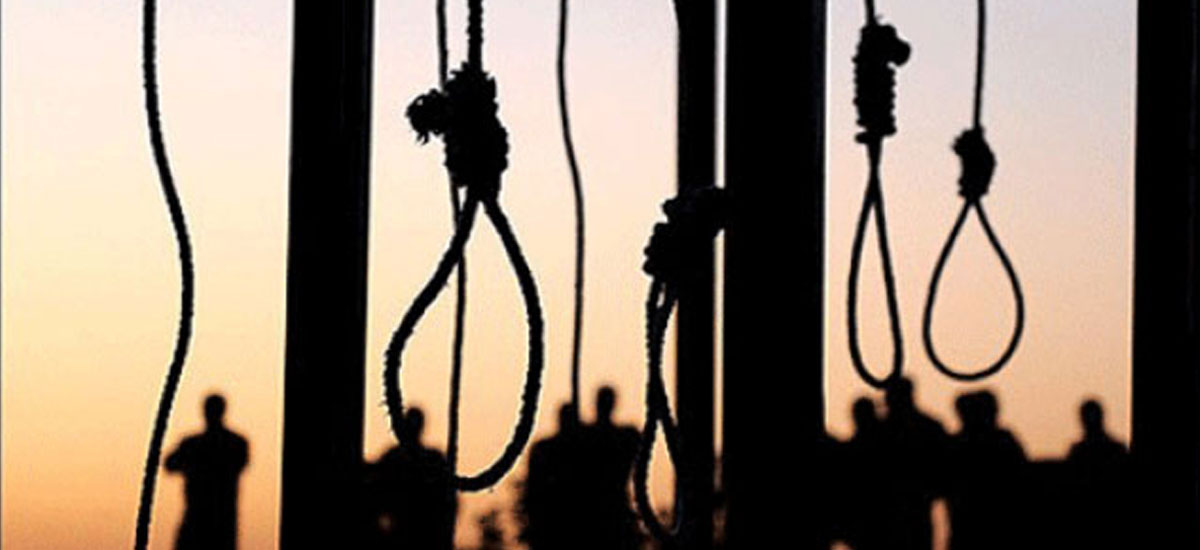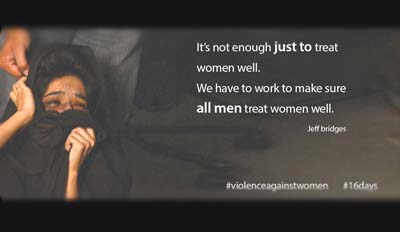Pakistan is hanging criminals; not humanity
By Kaukab Tahir Shairani
3 April 2016
KARACHI: The lifting of ban on death penalty in Pakistan has been criticized by the European Union as a violation of International Human Rights Law. The western bloc believes that this practice is inhumane.Following the heinous attacks of 16th December 2014 at the Army Public School in Peshawar, the nation of Pakistan went into a state of disbelief, horror and paralysis. On 16th December 2014, armed militants belonging to the terrorist group, Tehrik-e-Taliban Pakistan (TTP) stormed an Army school in Peshawar and killed over 140 people, 132 of which happened to be children. The killings happened in cold blood. The Pakistan Army intervened, conducted an operation and eliminated all terrorists who participated in this ghastly and unspeakable crime. The happenings of 16th December 2014 came at an irrecoverable cost, whereby lives were lost, hearts were bled, and families were broken.
The children who survived the attack have been imprinted with a lifelong trauma; the effects of which cannot be quantified or understood. The loss of lives on this day looked like it will forever resonate the 769,096 square kilometers of land that we call Pakistan. Ever since, the “awam” of the country has united in its disdain towards the plague we call Taliban.
Thereafter, the need to take immediate and effective action arose. As a prompt measure, the political leadership decided to implement military courts through the amendment to the Constitution of Pakistan and the Army Act of 1952. This was the 21st Constitutional Amendment that was passed in January 2015 as part of militancy crackdown following the massacre in Peshawar.
The European Union and the human rights organizations objected to the reinstating capital punishment in Pakistan, which was abolished earlier in an ordinance in June 2008. Capital Punishment, however, has been in the Constitution of Pakistan since the inception. The Amendment Act II of 1997 states that a case in which death sentence has been passed in the name of an offender for qatl can only be commuted by the legal heir(s) of the victim. Chapter III, number 55 of the Pakistan Penal Code states 302 as punishment of qatl-i-amd). Asim Iqbal, a senior advocate in Karachi, said, “Capital punishment has been there in the Constitution of Pakistan since this country was formed, it was only abolished under different governments out of pressure from the west.” Iqbal also expressed disapproval on the west commenting on Pakistani laws because Pakistan does not question their laws.
A spokesperson of the European Union said that the government of Pakistan should put a halt to all executions, as capital punishment violates international law and basic human rights. Tasneem Aslam, Foreign Office Spokeswoman, in response to this statement referred to Article 6 of International Covenant on Civil and Political Rights (ICCPR) that states, “Pakistan is under obligation to protect citizen’s right to life by law.” ICCPR’s Article 6 reads that every human being has the inherent right to life and that this right shall be protected by law and no one shall be arbitrarily deprived of his life. “The death sentence in Pakistan is under a law and we respect values, system of others and others should respect ours”, concluded Aslam.
The west fears that Pakistan might become a killing ground with no proper judicial processes. But the question is, were the victims who were executed in cold blood given rights to any judicial processes? The western bloc also argues that capital punishment does not deter crime and is inhuman. But how does the west justify the death toll in Karachi rising to 3142 in 2014; 78 among which were children? These figures are reported by Dawn News.
Hamza Iftikhar, a Major serving in the Pakistan Army said, “I wish that civilian judiciary had been so effective that there had been no need to establish military courts.” He highlighted that 8,000 prisoners had been on death row until December 2014, and with the lifting of moratorium on death sentence, 180 people have been executed. “The change is visible already. People of Pakistan feel much safer now. There has been a significant low in terrorist attacks,” added Major Iftikhar.
Dr. Habiba Hasan, a public speaker and worker of the Human Rights said, “Even though I am part of the human rights group, I do not think that capital punishment is substandard.” She said that death penalty is sentenced under a law, and it is to hang criminals, not humanity. “The improving situation throughout 2015 in Pakistan has only shown that reinstating death penalty was a wise decision.
The “awam” of Pakistan felt endangered owing to the precarious security of affairs. Though the attacks of 16th December 2014 triggered leaders and the military judiciary to take instantaneous action, the venom spewed by it was bowed slowly, over the years. Karachi, the busiest city of Pakistan, had fallen victim to target killings largely over 2013 and 2014. Security had become a growing concern for residents of this city. This horror was put to rest after the reinstatement of capital punishment. Not just Karachi, but Pakistan in its entirety needed the calm this decision brought.
The European Union and the liberal intelligentsia argue that capital punishment is inhumane and substandard, but is there a rulebook to justify innocent souls being blown up? Who says that capital punishment does not deter crime when its reinstatement alone has restored calm in the city?








